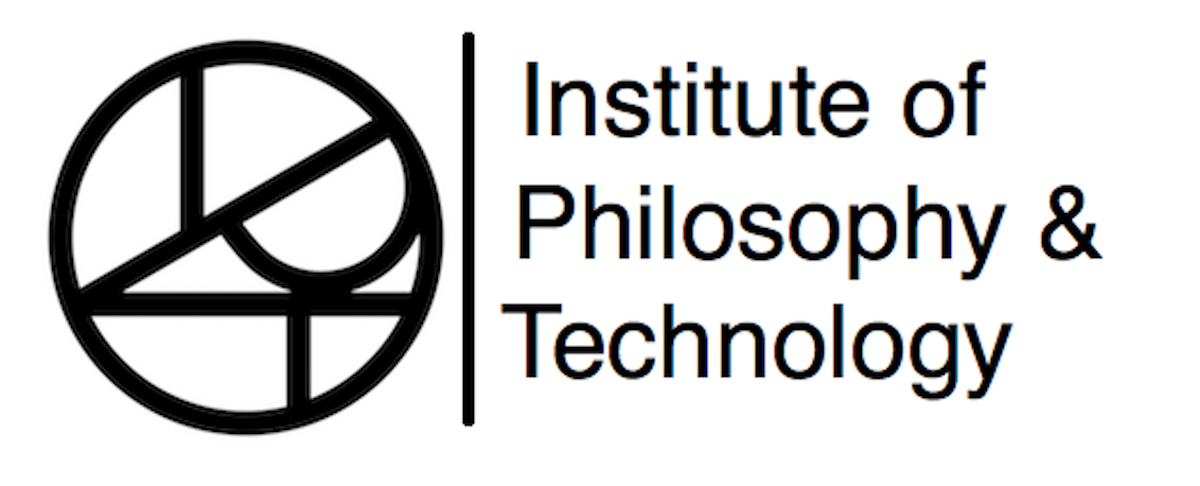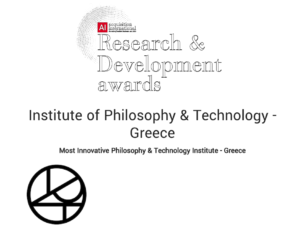IPT Talk Series 2022-23
10 February 2023, 20.00-21.00 (Greece time) (Online)
Jonathan Young
The Implications of Animal Cognition for Roman Imperial Debates regarding Animals’ Religious
Behavior and Thought
Hellenic, Jewish, and Christian authors during the Roman Empire, although from different religious traditions, shed light on divergent approaches to a similar philosophical problem regarding non-human animals having conceptions of the divine. Multiple imperial writers discuss animal religious behavior positively (e.g., Pliny the Elder, Nat. 8.1-2; Plutarch, Soll. an. 972b-c; Aelian, Nat. an. 7.40; Philostratus, Vit. Apoll. 2.28), whereas some contend otherwise (e.g., Justin Martyr, Dial. 4, Origen, Cels. 4.98). Moreover, some specifically indicate animals can have conceptions of God (e.g., Celsus, ap. Origen, Cels. 4.88; Dio Chrysostom, Oratio 12.35; Aelian, Nat. an. 4.11), whereas others deny animals have conceptions of God (e.g., Cicero, Leg. 1.24; Philo, Anim. 85; Plutarch, Brut. an. 992E; Clement of Alexandra, Protr. 10.108.1-2; Origen, Cels. 4.89, 4.96).Examining the various authors above, particularly the Hellenic writer Aelian and the Christian Origen, this talk examines these imperial authors as responding to Stoic discourse of pre-existing natural conceptions (physikai ennoiai) or common conceptions (koinai ennoiai), shared by all people; these natural conceptions especially pertain to people’s innate ideas of the divine. Generally, natural conceptions extend only to humans and not animals (cf. Chrysippus, SVF 2.83). Nevertheless, some like Origen will employ the terminology of natural conceptions, without qualms, when referring to human beings’ conceptions of God (Cels. 1.4, 3.40; cf. 4.14). Others, like Aelian, however, extend these natural conceptions to non-human animals, as well (Nat. an. 8.9; 8.21).
The question of animal intelligence and cognition underlies the dissimilar stances of authors, like Aelian and Origen, regarding whether animals are capable of conceptions of the divine or religious behavior. Previous research has characterized this primarily in terms of a Stoic and Platonist debate about whether animals have reason (logos), as exemplified by the respective positions of Philo, Anim., and Plutarch, Soll. an. Scholars have also situated Origen among the Stoic position that animals lack reason. Similarly, others have traced Aelian’s indebtedness to Stoic thoughts on animals. This paper reconsiders the utility of presenting the ancient discourse about animal cognition as a debate between only Stoics and Platonists. Since the relationships of these imperial authors to wider philosophical thought are complex, this study does not try to identify whether their positions on animals align completely with the Stoics or Platonists. Instead, this study suggests that these authors show engagement with the ideas of both schools in their discussions of animals’ conceptions of the gods or God. Furthermore, this paper adds to our understanding of the nuances in imperial discourse of animal cognition and its relationship to religious thought.
Jonathan H. Young is a doctoral candidate at the University of Oxford in Theology and Religion. His research centers on the intersections of the religious, philosophical, and intellectual history of the Roman Empire. His doctoral research focuses on Hellenic, Jewish, and Christian debates regarding animal cognition and animals’ involvement in the religious world, especially their capacities for religious behavior and thought. His expertise includes Early Christianity, Ancient Philosophy, especially the Platonic tradition, and the Imperial Prose, and the reception of earlier texts in the Empire. He holds master’s degrees in both Classics and Religious Studies as well as a bachelor’s degree in Classics.
Watch Video here

